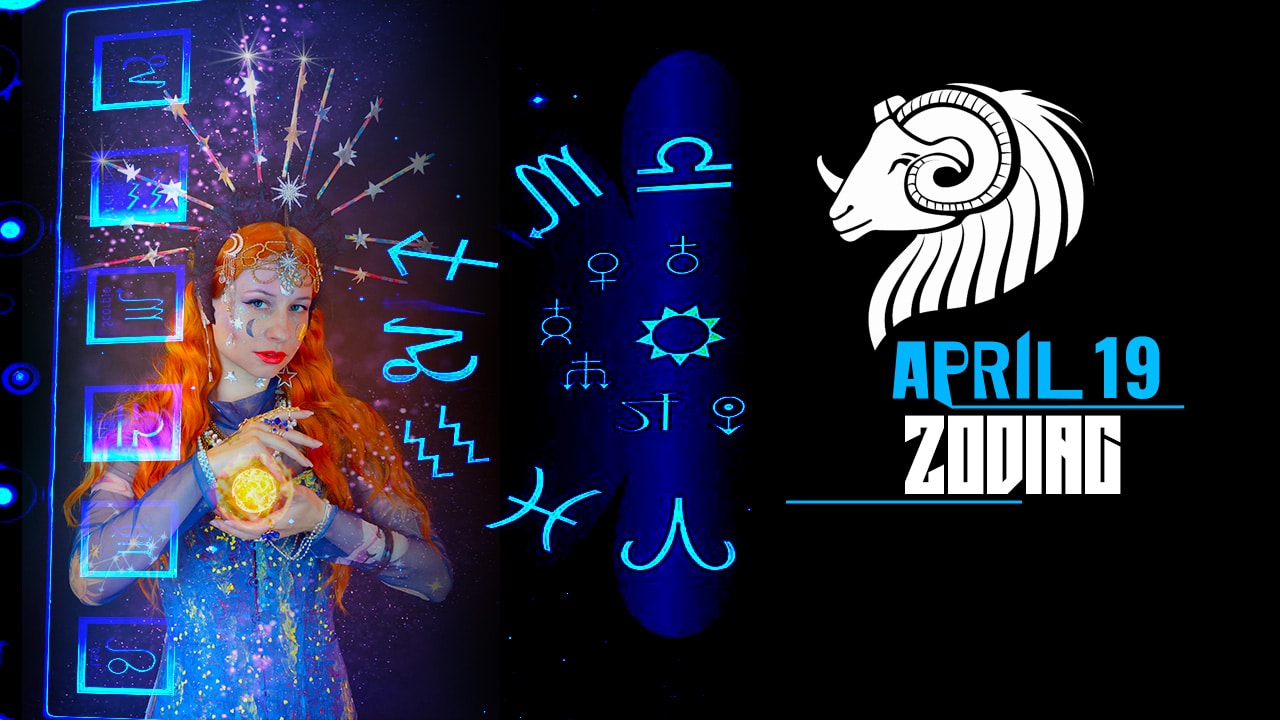Substance use disorders and mental illnesses are co-related. Whenever one gets out of control, most people are likely to suffer from the other. While dealing with substances like alcohol and drugs is never easy, it becomes more complicated when a person also goes through mental health disorders, such as depression, anxiety, bipolar disorder, self-loathing, and so forth. Hence, when a person has both substance use disorder and mental health issues, the condition is called a dual diagnosis. As per the research by NIA, in the UK, up to 75% of people suffering from a severe mental health disorder have a dual diagnosis.
Despite the severity of the problem, dual diagnosis is treatable. However, it requires an integrated approach that not only focuses on the mental illness of the patient but also the substance abuse. And this is when you need professional help.
If you have recently discovered your dual-diagnosis condition, here are ten things that you should know when seeking dual diagnosis treatment:
1. It is not Uncommon
Dual diagnosis is anything but an uncommon phenomenon. UK studies have reported that 20-37% of people across all mental health settings have a dual diagnosis. Moreover, any person with a blend of depression and enslavement to the substances, such as alcohol and drugs, qualifies as a dual diagnosis patient, making the prospects nearly perpetual.
2. It has Multiple Types
Most patients with dual diagnosis have one or more mental illnesses (for example, anxiety, depression, etc.) and addictions (for example, drugs, gambling, alcohol, etc.). And mental health conditions typically introduce themselves close to addiction or dual diagnosis. In most cases, these issues call for a desire. Hence, you mustn’t overlook these signs when treating substance use disorder.
A few mental health disorders that are common in dual diagnosis include:
- Depression
- Schizophrenia
- Anxiety
- Personality disorders
- Eating disorders
- Post-traumatic stress disorder (PTSD)
- Attention-deficit hyperactivity disorder (ADHD)
3. It is Difficult to Treat
The symptoms of dual diagnosis are difficult to decipher, which makes dual diagnosis treatment difficult. It happens because it is not always clear whether the patient is affected by drug addiction or mental illness. For example, a patient suffering from anxiety can have a drug addiction or other mental illness. For complete and proper analysis, a specialist in dual diagnosis should find the root causes and treat the patient. Also, not all rehabs are appropriate for dual diagnosis.
4. Dual Diagnosis Patients Are High-Risk Patients
To cope with mental illness, people often take support from alcohol and drugs. And the co-existence of both causes dual diagnosis. Dependence on substance abuse while dealing with mental conditions makes it easier to understand why people with dual diagnoses commit suicide or take violent actions. A few essential components that may prompt an individual towards an alcohol or drug use problem, dual diagnosis, and mental health conditions include:
- Science
- Hereditary variables
- Social and natural qualities
- Character
The violent behaviour of the dual diagnosis patients may be an aftereffect of being close to their home or situations that trigger them to do so, for example, insecure lodging, the experience of injury, and neediness.
5. People with Mental Illness Are More Prone to Addiction and Vice-Versa
Mental health illness may cause substance abuse due to the:
- Self-medication: People suffering from mental health conditions like depression may use alcohol and drugs to ease their symptoms or create a euphoric effect. Using alcohol and drugs is a misguided attempt at self-medication.
- Increased exposure to substance use: Some disorders, such as conduct disorder or irresponsible behaviour in young adults, may make them more exposed to alcohol intake and drug use.
- Barriers to experimenting with drugs: People with mental illness are more inclined towards substance abuse to control their impulses.
On the contrary, substance use disorder may also cause mental illness, for example:
- Genetic mechanisms: Taking alcohol, drugs, or any other substance affects brain function, ultimately leading to mental disorders.
- Environmental factors: People with substance abuse disorder may experience more stress than expected, potentially developing mental health issues.
6. Similarities Between Substance Abuse and Mental Health Disorder
Sometimes substance abuse disorder may look like a mental health condition. For example, substance abuse may elicit symptoms that differ when associated with mental health illness. These symptoms directly result from substance abuse and differ from those of a mental illness. Also, these symptoms are easy to treat by stopping the substance use. A few examples include:
- Depression, as a result of discontinuing stimulants
- Severe anxiety, as a result of stopping benzodiazepines
- Psychosis induced by methamphetamine
- Chronic alcohol abuse, as a result of Korsakoff’s syndrome
7. Physical Effects of Dual Diagnosis May Be Adverse
The co-occurrence of mental health illness and substance abuse causes negative consequences for health, leading to exaggerated symptoms. It may be a result of neglected personal care. This negative impact on health due to dual diagnosis may give rise to the following:
- HIV/AIDS
Lung Disease - Cancer
- Hepatitis B and C
- Stroke
- Heart Diseases
- Sexual Dysfunction
- Muscle and Bone Disease
- Blood Disease
8. Dual Diagnosis May Have Underlying Factors
There may be some common underlying factors that can cause both substance abuse and mental health disorders, such as:
- Genetic Variation: Certain inherent behaviours created by genes makes a person more or less likely to develop a mental health disorder or substance abuse.
- Personality: The tendency to seek novelty or take risks may relate to mental disorders and addictions.
- Brain Chemistry: A person with a dual diagnosis or psychological disorder and substance abuse together can rile up the brain chemical called Dopamine. The changed brain chemistry due to one disorder leads to the development of another.
9. Dual Diagnosis Must Offer Integrated Treatment
For dual-diagnosis patients, it is crucial to treat both disorders equally. Because both diseases negatively impact a patient’s life, the dual diagnosis rehab must integrate a successful treatment option rather than make patients work separately on each one. A few integrated treatment approaches include:
- Detoxification
- Psychotherapy
- Community Outreach
- Psychotherapeutic Interventions
10. Dual Diagnosis Worsen Emotional Health
Patients with dual diagnosis may often feel distressed, which leads to unpleasant feelings, such as low self-esteem, increased stress, guilt, and feeling disconnected from their loved ones. All of these adverse effects can deteriorate a person’s emotional health. Also, people with co-occurring disorders may have an increased risk of anxiety, depression, and suicidal behaviours.
Bottom Line
We know how difficult it is to overcome both an unshakable addiction and a crippling mental disorder together. While the road to recovery seems unending, many professional dual-diagnosis rehabs are available to help you out. These rehab centres will help you stop your active addiction and live freely. In addition, the dual diagnosis treatment approaches will help boost your confidence and increase your self-esteem. Hence, don’t wait; continue your research to find a dual diagnosis specialist near you.






































